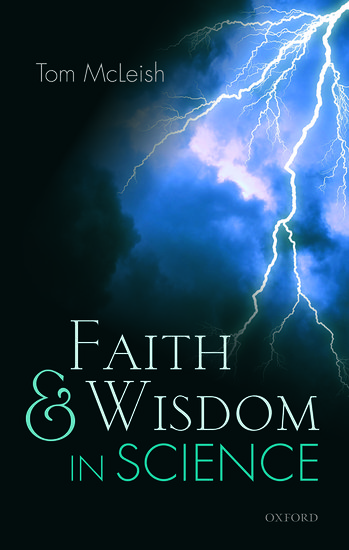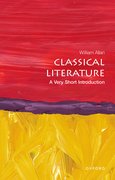A Study in Brown and in a Brown Study, Part 1
Color words are among the most mysterious ones to a historian of language and culture, and brown is perhaps the most mysterious of them all. At first blush (and we will see that it can have a brownish tint), everything is clear. Brown is produced by mixing red, yellow, and black.









